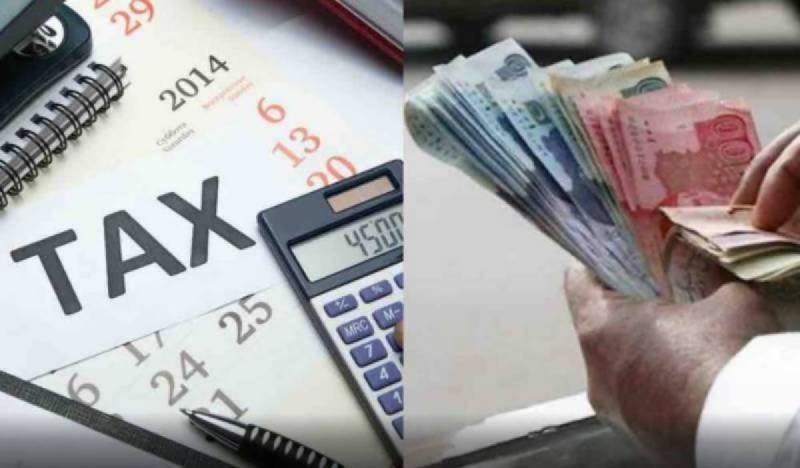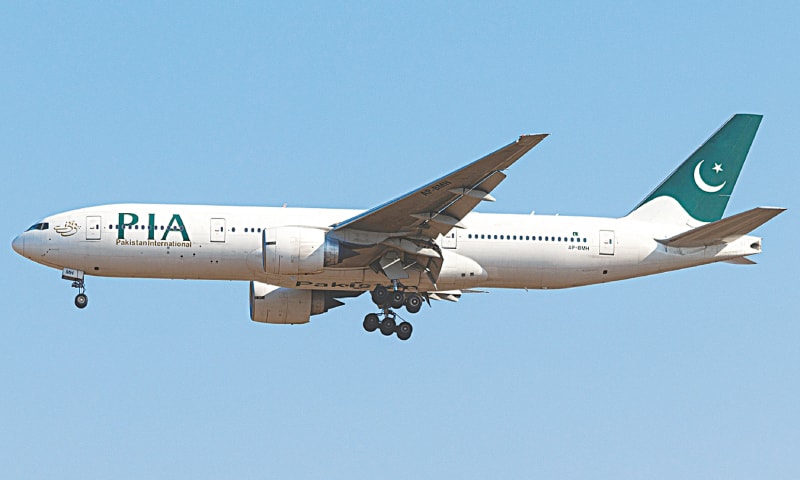The Federal Board of Revenue (FBR) in Pakistan has introduced significant relaxations to the enforcement provisions of the Finance Act 2025, aiming to streamline tax compliance and enhance taxpayer convenience. Announced through explanatory circulars issued on Monday, August 4, 2025, these changes address critical areas such as tax fraud enforcement, banking channel payments, and withholding tax rates. This article explores these updates, their implications for taxpayers, and how they align with Pakistan’s broader tax policy objectives.
Relaxation of Tax Fraud Enforcement Provisions
One of the most notable changes in the Finance Act 2025 is the relaxation of enforcement measures related to tax fraud cases. Previously, the FBR had stringent provisions allowing arrests in cases of suspected tax fraud. However, the updated circulars indicate a shift toward a less punitive approach. This change is expected to reduce the compliance burden on businesses and individuals while fostering a more cooperative relationship between taxpayers and the FBR. By easing these provisions, the FBR aims to encourage voluntary compliance rather than relying solely on enforcement actions.This relaxation is particularly significant for small and medium-sized enterprises (SMEs), which often face challenges navigating complex tax regulations. The move signals the FBR’s commitment to balancing enforcement with taxpayer support, a critical step in improving Pakistan’s tax-to-GDP ratio, which has historically lagged behind regional peers. For further insights into Pakistan’s tax policies, you can explore resources on the FBR’s official website.
Cash Deposits Recognized as Banking Channel Payments
Another key update pertains to the treatment of cash deposits in sellers’ bank accounts. Under the newly issued income tax circular, the FBR has clarified that cash deposits made against invoices, whether by National Tax Number (NTN) holders or non-NTN holders, will now be considered payments made through banking channels. This is a significant departure from previous rules, which disallowed such expenditures under section 21(s) of the Income Tax Ordinance 2001.
This change is designed to simplify tax compliance for businesses, particularly those operating in cash-heavy sectors. By recognizing cash deposits as valid banking channel transactions, the FBR eliminates the risk of expenditure disallowance, which previously penalized businesses for using cash in certain transactions. This reform is expected to benefit retailers, wholesalers, and other businesses that rely on cash-based payments, enabling them to operate more seamlessly within the tax framework.For a deeper understanding of how banking channels impact tax compliance, refer to the State Bank of Pakistan’s guidelines on financial transactions.
Unchanged Withholding Tax Rates for National Savings Schemes
The FBR has also confirmed that the withholding tax rate on profits derived from sources such as National Savings Schemes and Post Office Savings Accounts remains unchanged for the tax year 2025-26. This decision provides stability for investors who rely on these low-risk, government-backed savings instruments. The withholding tax rate for these sources continues to be aligned with Division IA of Part III of the First Schedule of the Income Tax Ordinance 2001.However, the FBR has introduced an increase in the tax rate on profits from other sources, such as deposits in banking companies, financial institutions, and certain government securities. The tax rate for these profits has risen from 15% to 20%, except for profits derived by individuals from government securities, which remain exempt from this hike. This adjustment aims to broaden the tax base and increase revenue collection from high-income earners.Additionally, the FBR has removed the 35% tax rate previously applicable to non-filers under the Tenth Schedule. Starting from the tax year 2026, non-filers deriving income from profit on debt will face a 100% increase in tax rates, a move designed to incentivize tax registration and compliance.
Introduction of Section 175AA: Secure Data Sharing with Banks
A groundbreaking addition to the Income Tax Ordinance 2001 is the introduction of section 175AA, which facilitates secure data exchange between the FBR and scheduled banks. This provision allows the FBR to share taxpayer information, including details from income tax and sales tax returns, as well as financial and wealth statements, with banks through database algorithms for cross-matching.Under this system, banks will provide the FBR with data on transactions that deviate from the information provided by the FBR. This mechanism enhances compliance risk management by identifying discrepancies in taxpayer declarations, enabling the FBR to address potential tax evasion more effectively. Importantly, the FBR has emphasized that all shared information will remain confidential and will be used exclusively for tax purposes, addressing concerns about data privacy.This initiative aligns with global trends toward digital tax administration, as seen in countries like the United Kingdom and Australia. For more information on international tax compliance practices, you can refer to the OECD’s tax administration guidelines.
Implications for Taxpayers and Businesses
The FBR’s recent relaxations and clarifications reflect a strategic effort to modernize Pakistan’s tax system while reducing the compliance burden on taxpayers. By recognizing cash deposits as banking channel payments, the FBR is acknowledging the realities of Pakistan’s cash-based economy while encouraging formalization. Similarly, the unchanged withholding tax rates for National Savings Schemes provide certainty for investors, particularly senior citizens and low-income individuals who rely on these schemes for financial security.The introduction of section 175AA marks a significant step toward data-driven tax administration. By leveraging technology to cross-match taxpayer data with bank transactions, the FBR can enhance its ability to detect non-compliance without resorting to heavy-handed enforcement measures. This approach not only improves revenue collection but also promotes fairness in the tax system.
Challenges and Opportunities
While these changes are largely positive, they come with challenges. Businesses and individuals must adapt to the new tax rates for profits on debt, particularly non-filers who face significantly higher rates starting in 2026. Additionally, the success of section 175AA depends on robust data security measures to protect taxpayer information. The FBR must ensure that its systems are secure and transparent to maintain public trust.On the opportunity side, these reforms could encourage more businesses to formalize their operations and register with the FBR, boosting Pakistan’s tax-to-GDP ratio. The relaxation of enforcement provisions may also reduce the fear of punitive actions, fostering a more collaborative relationship between taxpayers and the FBR.




